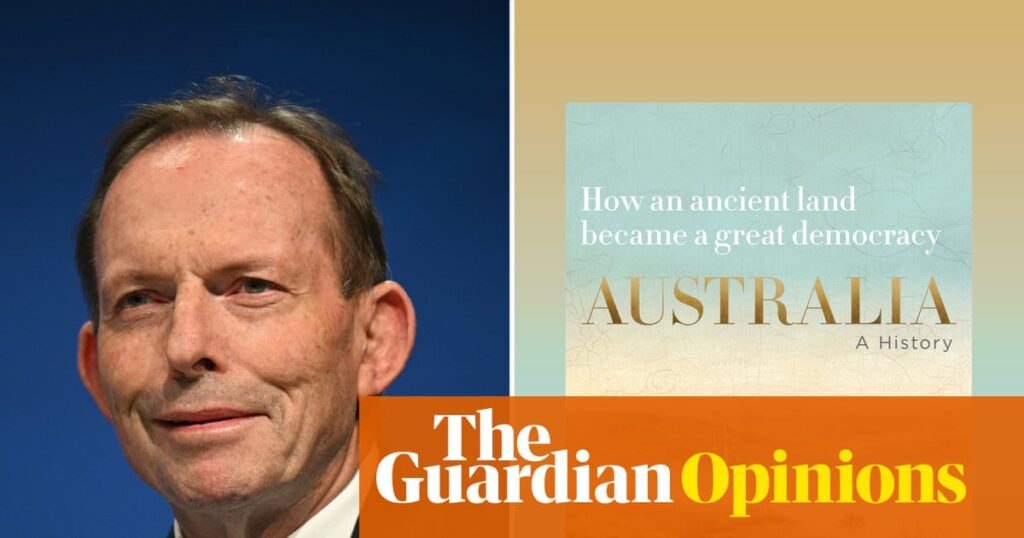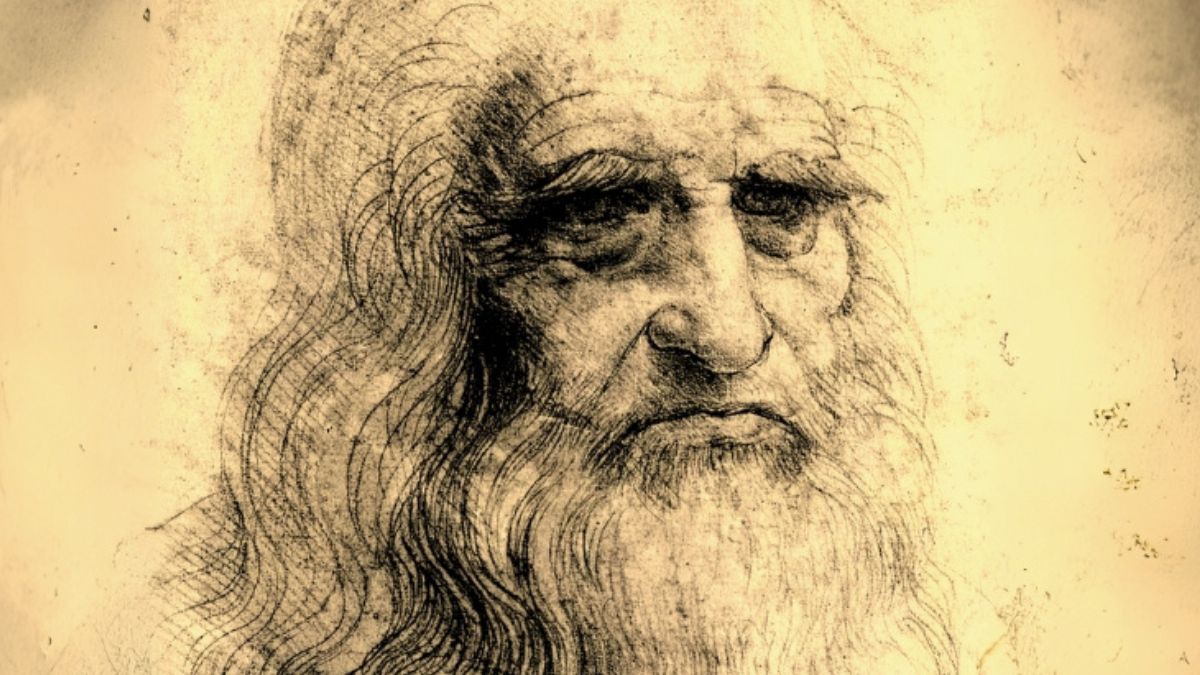
Is there a duality in Tony Abbott’s political persona? On one hand, he is the author of Australia, A History: How an Ancient Land Became a Great Democracy. On the other, he praises Viktor Orbán, the Hungarian leader accused of undermining democracy, during a speech at the Conservative Political Action Network (CPAC) conference in Hungary. Abbott’s comments at the conference, where he expressed hope for a more successful “Trump 2.0,” have sparked widespread debate.
The remarks have raised questions about what Abbott hopes will be more “successful” in the future. The answer, it seems, lies in a form of white Christian nationalism, albeit through a uniquely Australian lens. Abbott, a follower of Bob Santamaria, a conservative Catholic leader, has long extolled the virtues of the right kind of immigrant—white and British—in his speeches.
Abbott’s Historical Narrative
Frank Bongiorno, a professor of history at the Australian National University, has praised Abbott’s book, noting that “there are places where he has done a very good job.” However, the book’s blend of fact and myth, ideology and history, has led to skepticism. Abbott’s attribution of the term “fire-stick farming” to Tim Flannery instead of Geoffrey Blainey, for instance, has raised eyebrows.
In 1975, Blainey argued that “fire-stick farming” was a transformative technology for the continent, an idea further explored by Bill Gammage. Flannery, by contrast, suggested that Aboriginal people were responsible for the extinction of the megafauna, a theory now largely discredited.
The Immigration Debate
Abbott’s views on immigration have also sparked controversy. In his book, he references the FitzGerald report, which recommended linking citizenship with a declaration to respect Australian principles. He highlights a 1988 Newspoll showing that 77% of respondents believed Asian migration should be slowed, echoing the sentiments of the “Blainey Debate” of the 1980s.
This debate continues today, polarizing Australians into those who oppose non-white immigration and those who support a multicultural policy. Abbott’s rhetoric at CPAC conferences, where he emphasizes British traditions as the foundation of Australia’s success, aligns with this divisive narrative.
Controversial Stances on Indigenous Issues
Abbott’s views on Indigenous recognition and symbolism have been equally contentious. He critiques the acknowledgment of traditional lands during official events and the co-equal flying of the Indigenous flag with the national flag. These positions, critics argue, misinterpret historical facts and legislative frameworks, such as the Flags Act of 1953, which recognizes the Aboriginal and Torres Strait Islander flags.
Abbott’s account of the debate on constitutional recognition of Indigenous Australians is seen as misleading. He references the 1967 referendum, where 90% voted for equality, but his interpretation of subsequent events is viewed as skewed. His rhetoric, reminiscent of Steve Bannon, questions the enthusiasm for acknowledging traditional lands, suggesting it divides rather than unites Australians.
Implications and Future Outlook
Abbott’s speeches and writings, particularly at CPAC, reveal a Trumpian intent that has sparked debate about his views on democracy, patriotism, and values. His stance on Indigenous issues and immigration reflects a broader cultural and political divide in Australia.
As Abbott continues to influence conservative discourse, his interpretations of history and policy will likely remain a point of contention. Whether his vision of Australia as “the most successful immigrant nation” will gain traction or face resistance depends on the evolving political landscape and the voices that rise in opposition or support.
In conclusion, Abbott’s narrative, while compelling to some, is fraught with contradictions and selective interpretations of history. As Australia grapples with its identity and future, the debates he ignites will continue to shape the nation’s discourse on democracy and multiculturalism.







